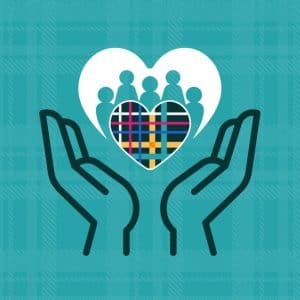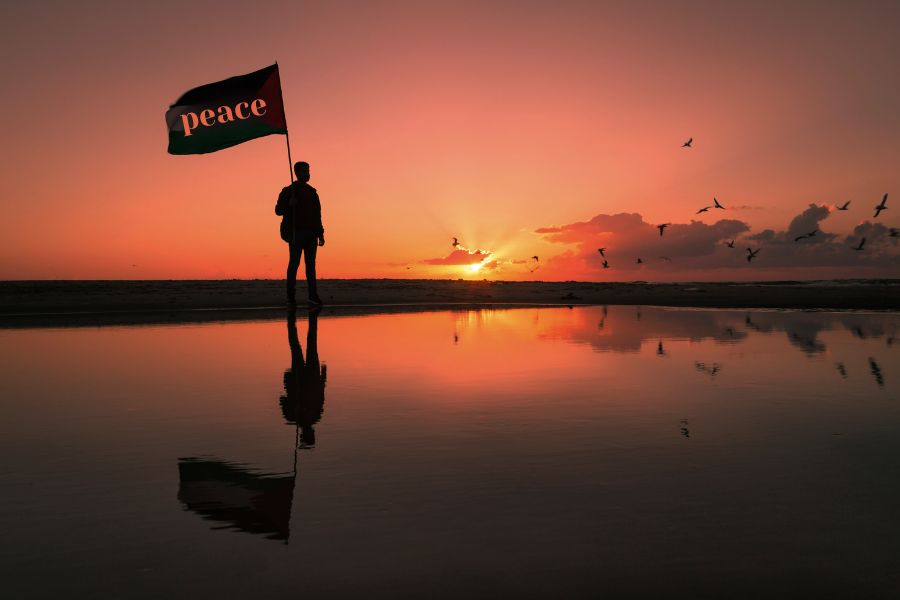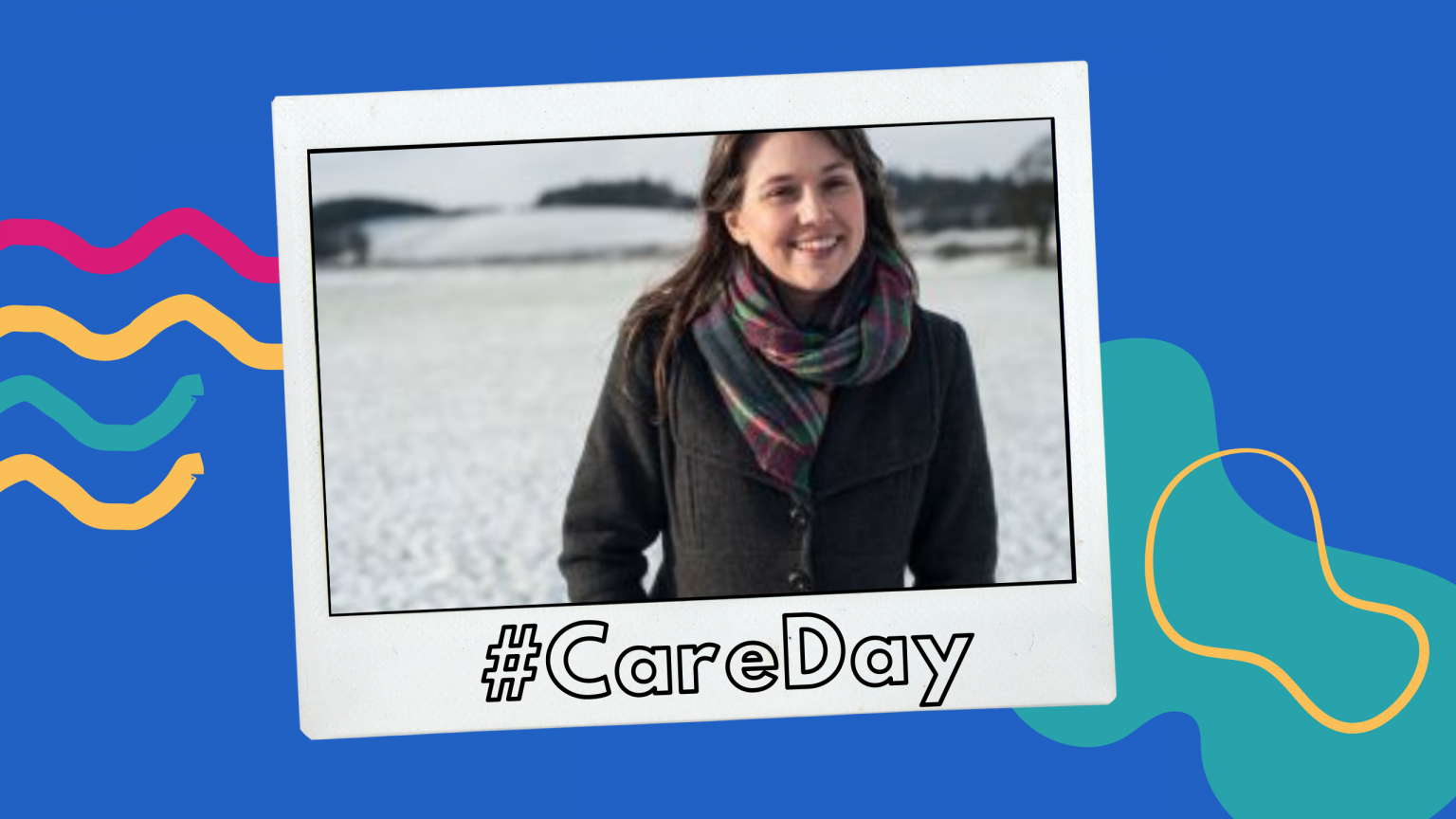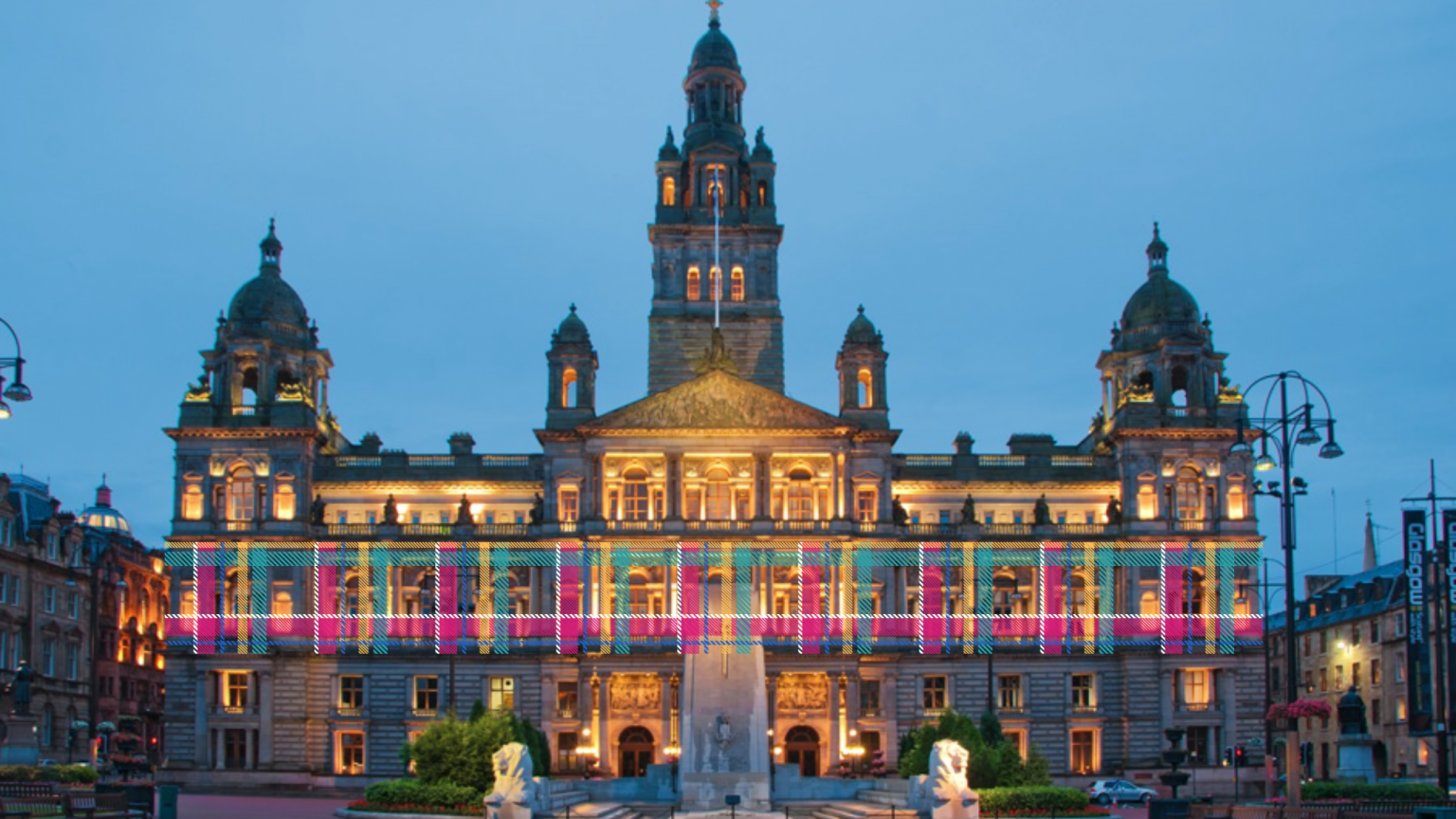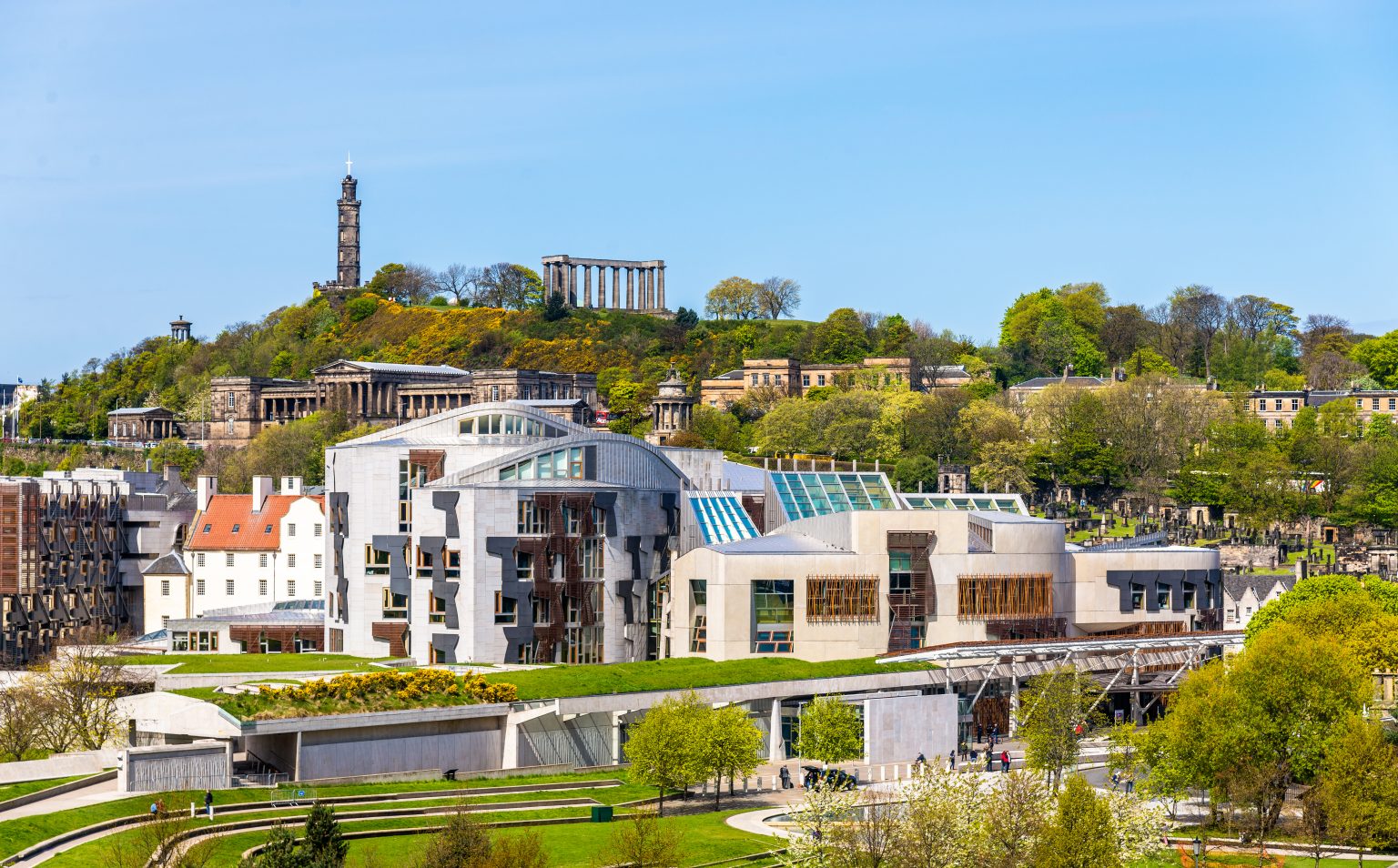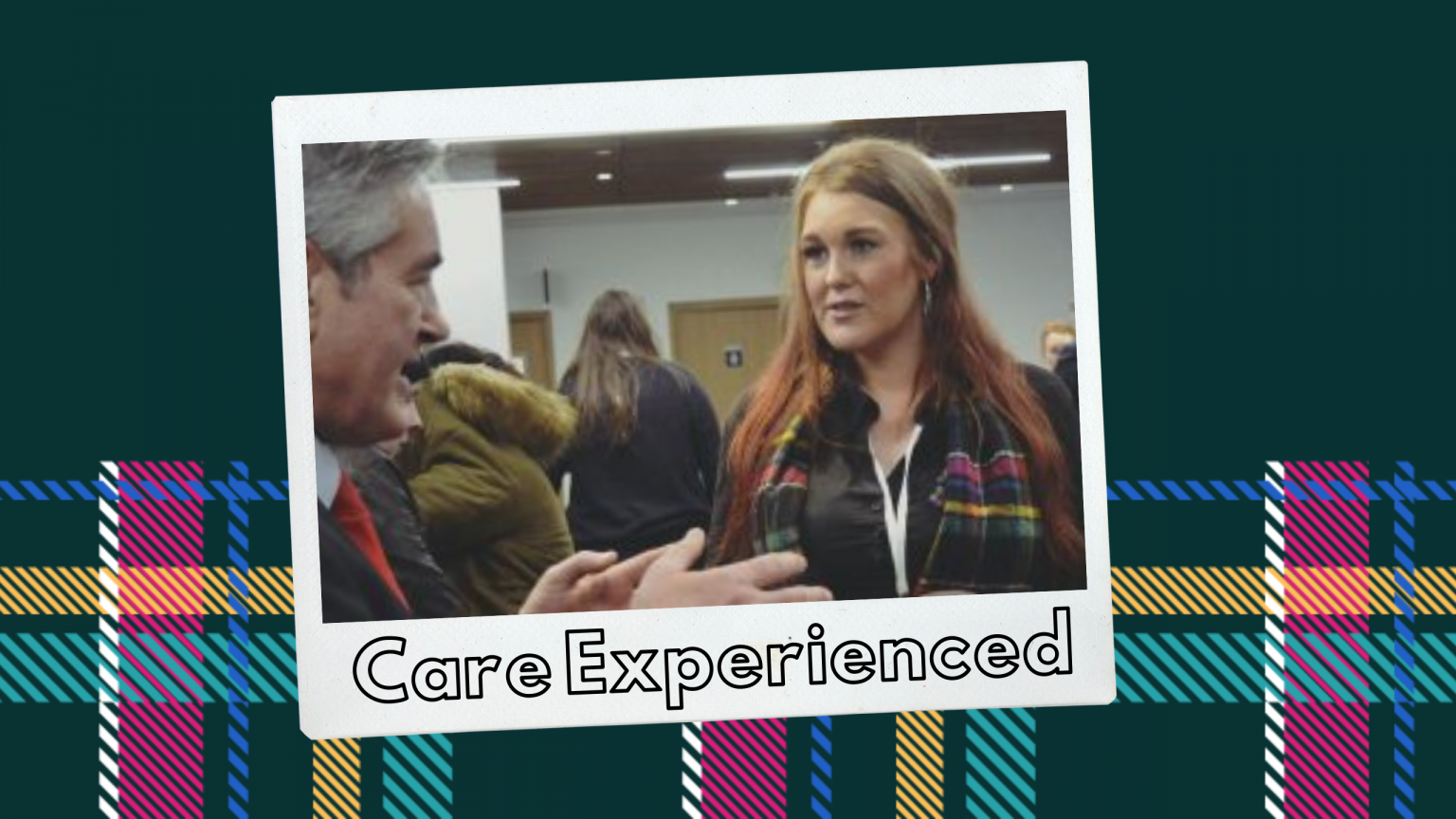Most nations have immigrants because many countries across the world are burning by the fire of war. Many people have left their homes for several reasons such as war, displacement, harassment, fear, terror, killing, looting, and poverty. Most of these challenges are caused by authorities run by dictators, especially in conflicted countries. There is an absence of justice and a lack of human respect for moral values and rights. Everyone should receive freedom, social protection and be able to live a peaceful life.
Stop human violations, corruption, poverty, self-destruction, environmental struggles, and the flow of refugees will stop!
Who would look to leave their home and start again from zero if conditions in their own home were safe?
Refugees can encounter difficult life challenges and need to be brave and patient. They are ambitious people who don’t give up easily in a crisis. Young refugees are more exposed to danger. Young refugees undergo arduous journeys, enduring perilous escapes from their home countries due to conflict, persecution, or other life-threatening circumstances. They may face treacherous border crossings, separation from loved ones, and the loss of their homes and possessions. These challenges can result in malnutrition, exposure to harsh climates, and increased vulnerability to violence.
Additionally, young refugees grapple with emotional and psychological hurdles. They undergo immense trauma, witnessing violence and experiencing forced displacement. This trauma can lead to severe anxiety, depression, post-traumatic stress, and other mental health issues. Separation from family and friends, cultural shock, and the loss of identity and emotional damage can lead to feelings of isolation and loneliness in their new environments. They can struggle to integrate and connect with the local community.
Access to education can also be a challenge for young refugees. Displacement disrupts their educational journeys, often forced to abandon school and interrupt their learning. Many refugee children lack access to quality education and face language barriers, discrimination, and limited resources.
Refugees need comprehensive support systems.
Charitable organisations, and local communities are doing their best to support refugees, but young refugees need extra care. They need safe and welcoming environments, and access to essential services, including education, healthcare, and mental health support. Language and vocational training programmes can also equip young refugees with the skills necessary to thrive in their new communities.
It would be better if we all worked together, sharing help and support for young refugees, and respecting their rights. To provide help to young people, experienced professionals need to adopt the flexible attitude adopted by the Scottish Guardianship Service. Social workers, support workers, lawyers, and interpreters need to work together as a team to meet the needs of young refugees.
You might notice that there are similarities between the Care Experienced and refugee communities, including the difficulties they face and their resilience to overcome these difficulties. So, in the same way that Who Cares? Scotland asks communities across Scotland to make sure that Care Experienced people feel loved and respected, we must all work together to make sure refugees feel welcome and are treated equally.
This article was written by Kadim for the Summer 2023 edition of SpeakOut.
